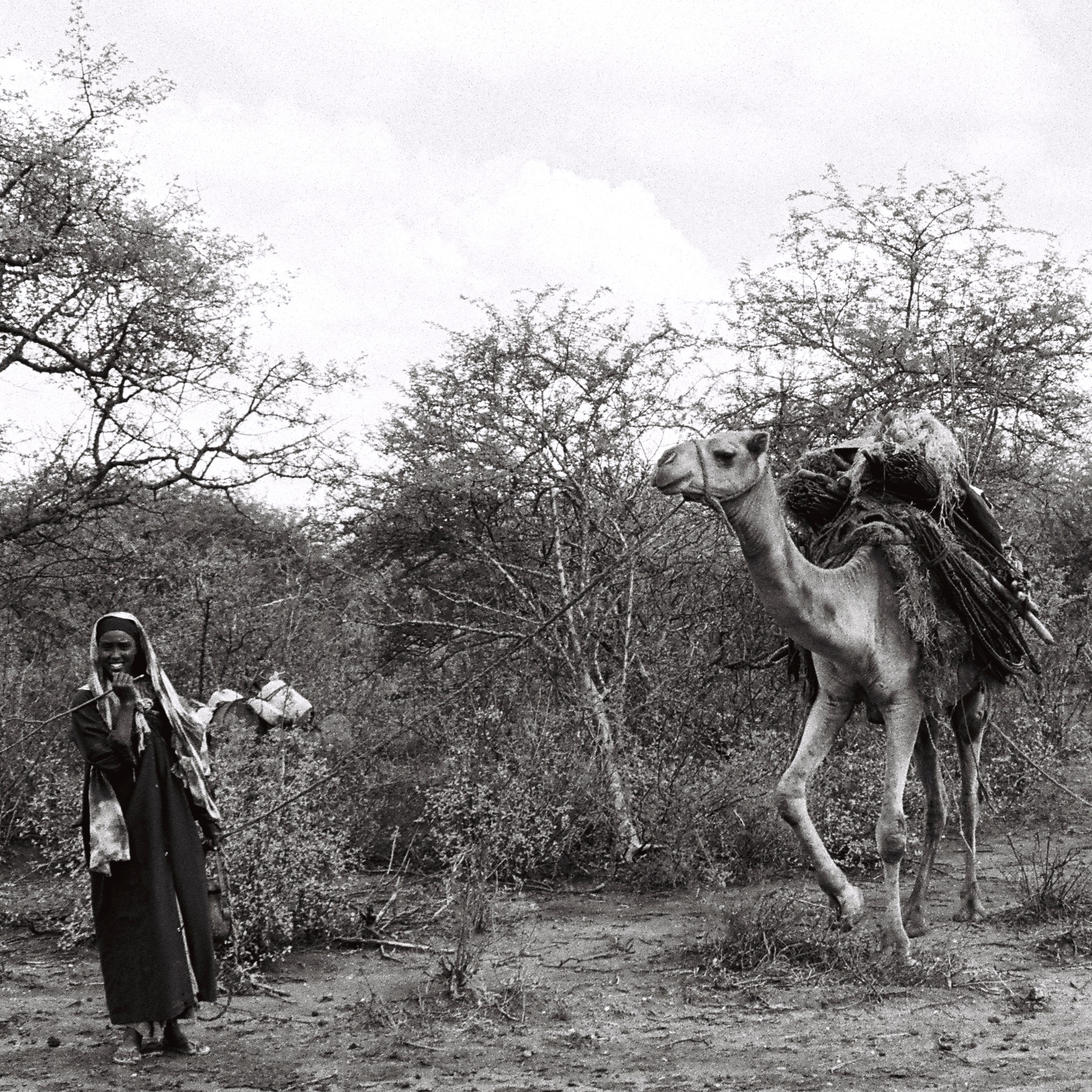Pastoral Research & Innovation (page 6)
UNEA-4 resolution on sustainable rangelands & pastoralism
At its 4th session in March 2019, the United Nations Environment Assembly (UNEA) passed Resolution L17 “Innovations in Sustainable Rangelands and Pastoralism”. This was originally proposed by the Government of Kenya and was supported by the Africa Group. It is a significant achievement to have a UNEA resolution specifically on rangelands and pastoralism. The Resolution […]
PASTRES: Pastoralism under pressure in northern Kenya
In the blog “Pastoralism under pressure in northern Kenya” (November 2018), Ian Scoones reports on a scoping visit by the research team from PASTRES (Pastoralism, Uncertainty and Resilience) to Isiolo Country in northern Kenya, the home of Waso Boran pastoralists. The team explored climatic, market, institutional and policies uncertainties, including implications of the LAPSSET (Lamu […]
Climate-change adaptation building on local innovation
Partners in Ethiopia, Nepal and Nigeria within the international multistakeholder Prolinnova (Promoting Local Innovation) network explored the relevance of the PID (Participatory Innovation Development) approach to climate-change adaptation (CCA) at local level. PID involves multistakeholder experimentation that builds on local ideas and initiatives. The study on “Participatory climate-change adaptation building on local innovation” (2011, 9pp, […]
Town camels: Somali innovation in selling camel milk
On their own initiative, some Ethiopian pastoralists have started to raise livestock near towns in the drylands in order to supply milk to the urban market. The study “Town camels: pastoral innovation in a fast changing world – a case study from Gode town, Somali Regional State, Ethiopia” by Abdi Abdullahi Hussein et al (2011, […]
Focus on Ethiopia – Linking research and policy processes related to pastoral development

“Focus on Ethiopia” is a knowledge-centred project to follow the implementation of development interventions in Ethiopian pastoral regions and to feed policy processes on pastoral development with relevant data and in-depth analysis. The project approach consists of setting up a common analytical framework to organise in a coherent way existing documents and figures on socio-economic […]
